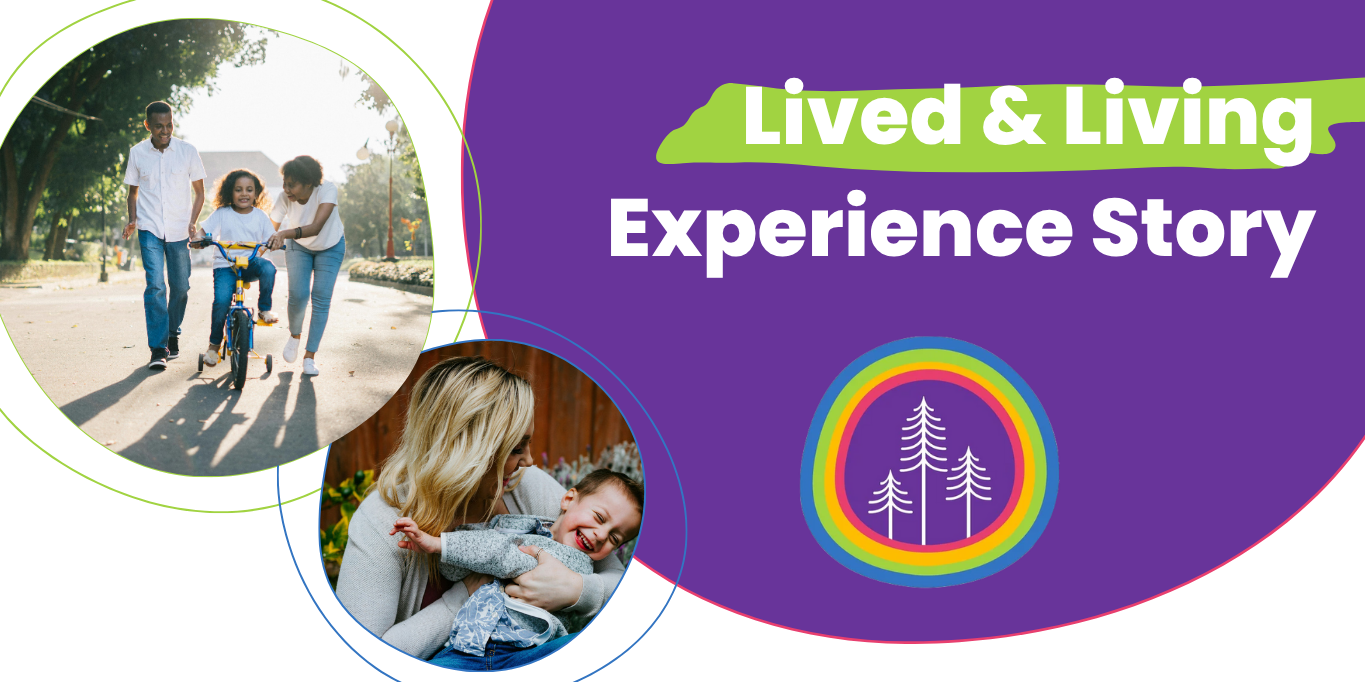From Angela, a young person in Washington
When I was 15 years old, I was handcuffed and sent away to a wilderness camp in Utah. Wilderness camp saved my life. I come a from a foster care background and I had a very difficult time in the system. For example, I was nine years old when I tried to hang myself at daycare during my first year in foster care.
When I came home from wilderness camp I remember talking to my previous caseworker about my experience. I told her this was something that I should’ve had the opportunity to go to when I was in my crisis moments. As I got older, I think about that moment as a teenager of being sent away to wilderness camp. Why did it work so well for me? The anxiety from foster care and spending every day, wondering if you’re gonna get ripped away to a new home, it became normal. Having to adapt and to be comfortable in a new home, learning the home’s values, watching the biological kids be treated differently than the foster kids let me know it was never gonna be a home. I was just a passerby who needed somewhere to live because I had no home to go to.
Wilderness camp allowed me to decompress the entire foster care experience that I had gone through. It was really significant in my experience because it was the first time I let my guard down. I actually felt relaxed. The wilderness camp experience was the first time I met a peer. We had similar lived experience. She could relate to the experience that I went through. Her biggest advice to me while I was attending wilderness camp was when you are hiking through the snow and the mud and you’re pushing your body feel a sense of strength, that’s the perfect time to think about your trauma. Take out your anger and frustration on the snow and the mud.
I want to emphasize the importance of peer support. Therapy didn’t work for me. I think therapists are very important to help give diagnoses, but they are part of a revolving space for each individual. I think what’s really important, we recognize that every young person’s journey is going to be different. Not every young person is going to open up in the first 1 to 5 sessions. Diagnoses are important in our recovery journey, but we have to remember there are building blocks to get to a recovery journey.

